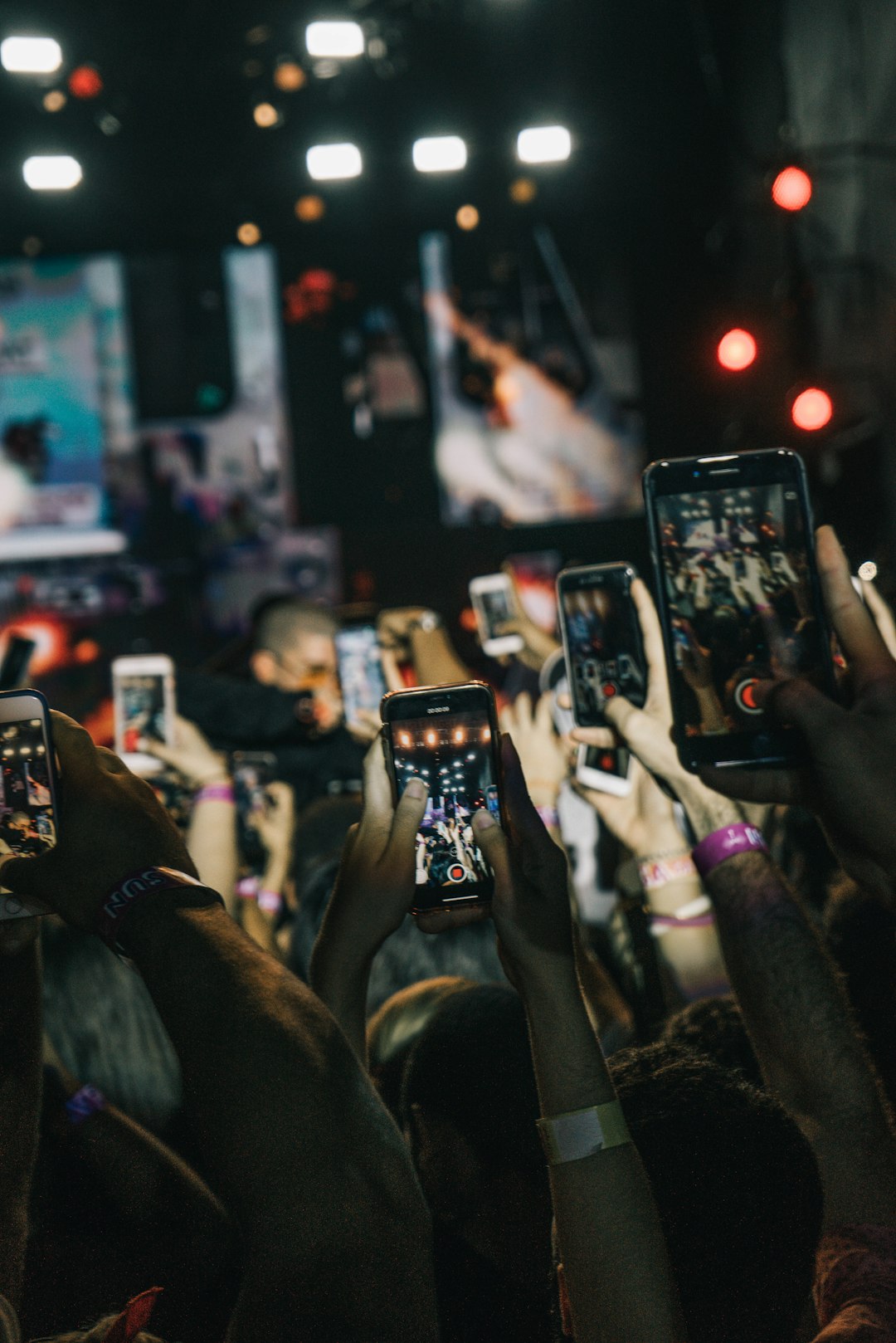Social networks have revolutionized the way we communicate, share information, and connect with others. Platforms such as Facebook, Twitter, and Instagram have paved the way for a highly interconnected world, bridging the gap between people from diverse backgrounds. With just a few clicks, we can now reach out to friends, family, and colleagues, regardless of geographical boundaries.
One of the most significant advantages of social networks is the ability to stay connected with loved ones. Whether it’s sharing updates about our lives or viewing others’ activities, social networks have become a window into people’s personal worlds. Grandparents can now see their grandchildren grow up through photos and videos, and friends can cheer each other on during milestones and achievements.
Beyond personal connections, social networks also play a crucial role in disseminating information and news. In today’s digital age, these platforms have become major sources of news and updates, often surpassing traditional media channels. Real-time updates on current events, political developments, and trending topics are readily available at our fingertips.
However, this ease of access to information comes with its own set of challenges. The rise of fake news and misinformation has become a prominent issue on social networks. With anyone able to share content, it is imperative to verify the authenticity of sources and fact-check information. Social networks are working towards combating this problem by implementing policies and algorithms to flag and remove misleading content.
Social networks not only connect individuals but also shape opinions and behaviors. Influencers and celebrities have emerged as powerful voices on these platforms, with the ability to sway public opinion and trends. A single post or endorsement from a popular figure can significantly impact consumer behavior and shape societal norms. This influence has given rise to the concept of social media marketing, where companies leverage influencers’ reach to promote their products or services.
Moreover, social networks have become essential tools for activism and social change. Movements such as #BlackLivesMatter and #MeToo have gained momentum and global support through social media platforms. These networks provide a platform for marginalized voices and raise awareness about social issues. The power of social networks to mobilize communities and effect change has made them indispensable in the fight for justice and equality.
However, social networks are not without their drawbacks. Excessive use of these platforms can lead to addiction and have negative impacts on mental health. The constant need for validation and comparison with others’ seemingly perfect lives can lead to feelings of inadequacy and low self-esteem. It is essential to strike a balance between the benefits of social networks and maintaining a healthy offline lifestyle.






